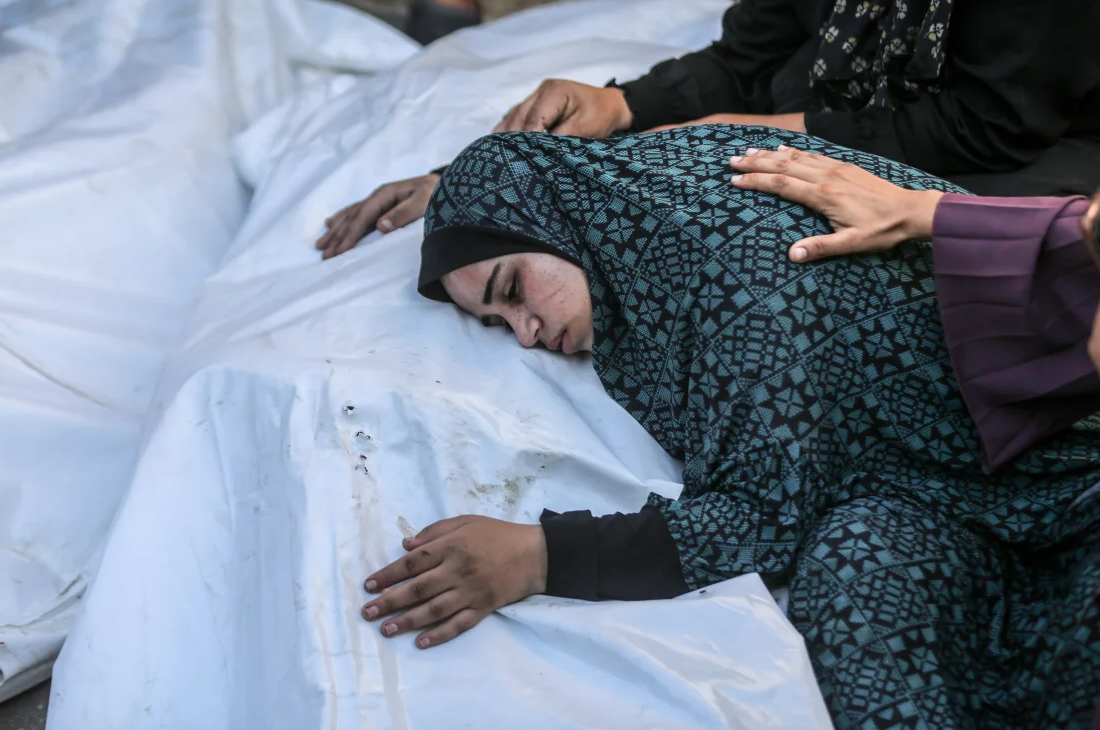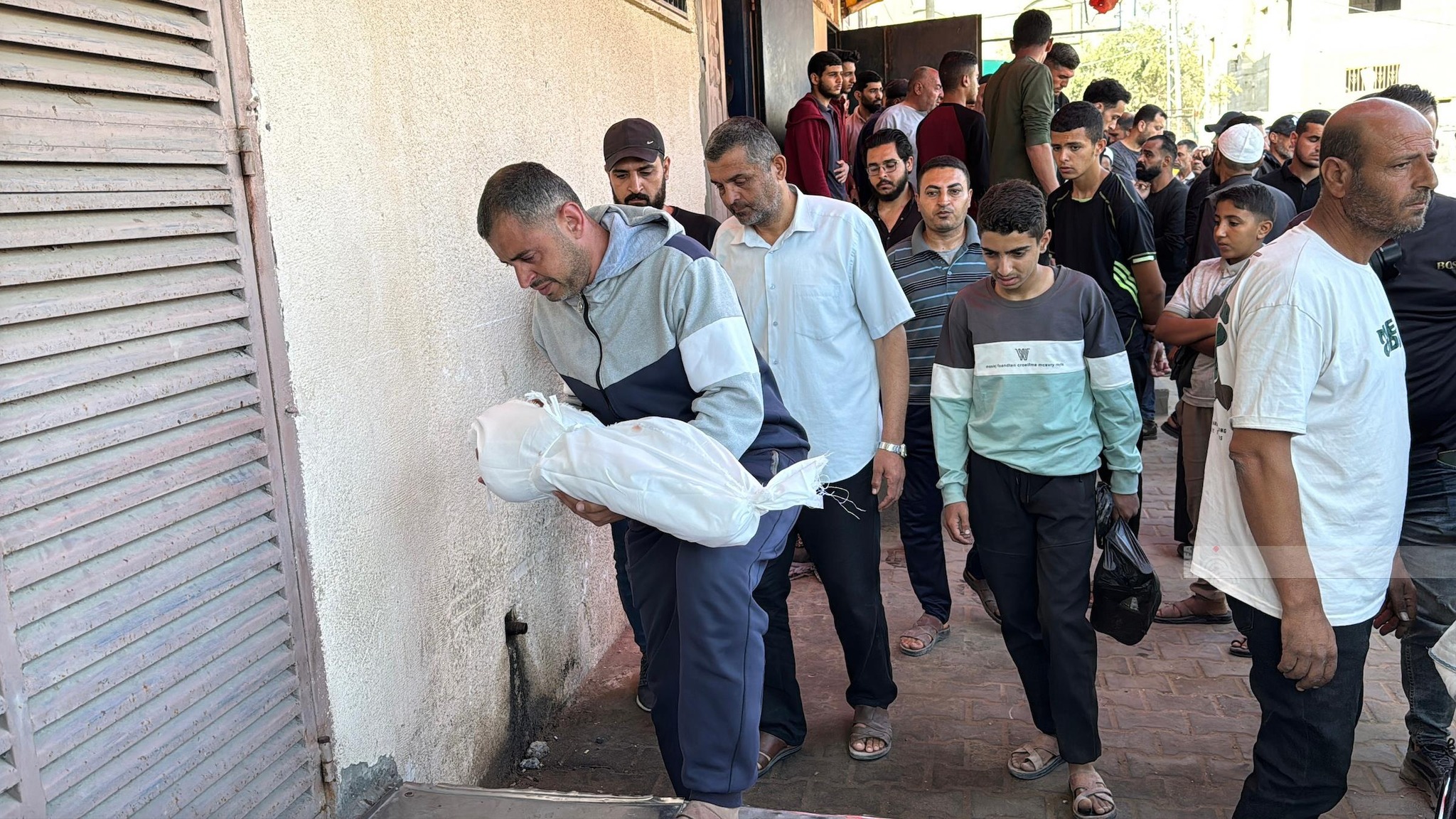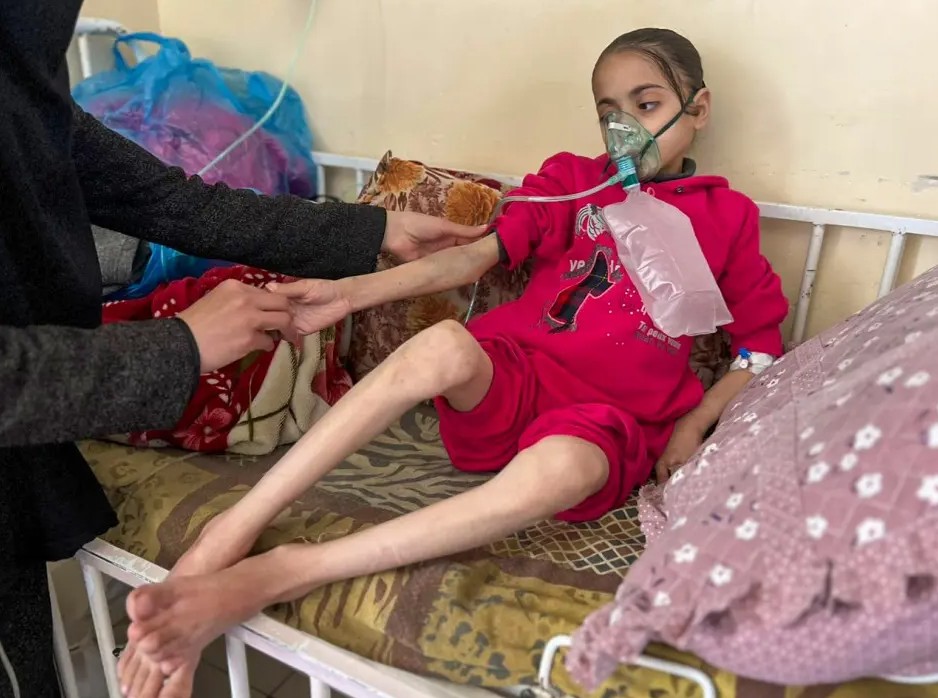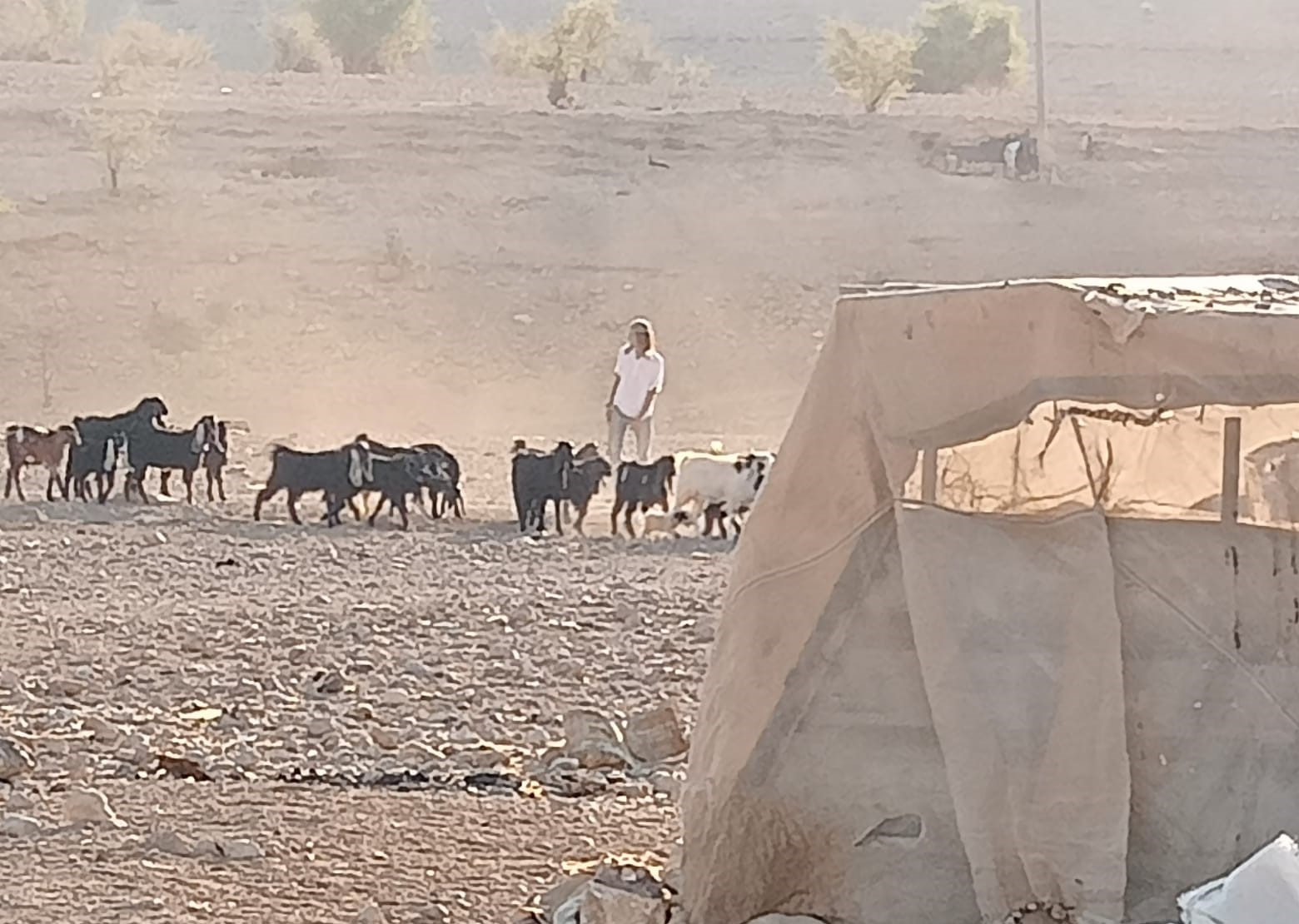HEBRON, February 25, 2011 (WAFA) – About 200 Palestinians marched in the southern West Bank city of Hebron Friday marking the 17th anniversary for the Ibrahimi mosque massacre and demanding the re-opening of Shuhada street closed to Palestinian traffic only since the massacre.
Palestinians, including officials, and members of the international solidarity groups attempted to break through Israeli army lines in Hebron’s old city to protest the closure of the road.
The soldiers used force and fired tear gas to break up the protest and arrested several people.
An Israeli settler from Kiryat Arba, near Hebron, opened fire at Muslim worshippers performing dawn prayers in Ibrahimi mosque in 1994 killing at least 30 Palestinians before he was subdued and killed.
Israel then punished the Palestinian victims by preventing them from using major roads, including Shuhada street, inside the Israeli controlled sections of the city, mainly in and around the old city, where some of the most fanatic Israeli settlers live.
Protests were also reported in the weekly demonstrations against the apartheid and discrimination wall in Nilin, Bilin and Nabi Saleh, in the Ramallah area.
Palestinians have been protesting the Israeli takeover of their farming land to build a fence that would cut a large area of their land for the benefit of Jewish settlements in the area.
The Israeli army showered the protestors with tear gas, causing many to suffer from tear gas inhalation. One 3-year-old child had to be treated for tear gas inhalation after he passed out in Nabi Saleh, and one person was injured in the hand in Bilin.
In Silwan, an East Jerusalem neighborhood, several Palestinian suffered from tear gas inhalation when Israeli police showered stone-throwing teenagers with tear gas and rubber bullets.
The Palestinians have been protesting Israeli attempts to demolish 88 homes in the Bustan area of Silwan to make room for a Jewish park.
Meanwhile, the head of the Ramallah-area Mughayyer village council, Faraj Na’as, told WAFA that Jewish settlers from a nearby settlement destroyed village wheat crops by spraying the fields with pesticides.
He said farmers lost their crops planted in fields near Adi Ad settlement when it was sprayed with pesticides.
The farmers, he said, can reach their fields only during few days a year and only after coordination with the Israeli military mainly because their land is near a settlement. More than 150 dunums of land had been planted with wheat.
M.A.













